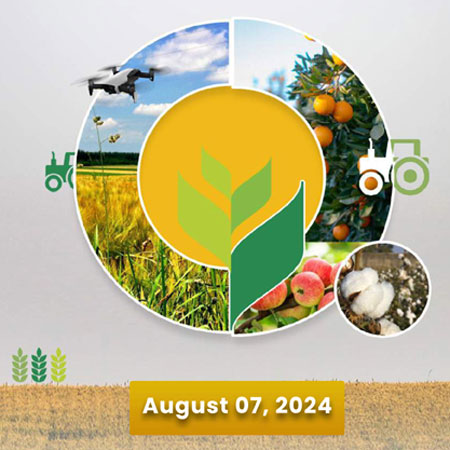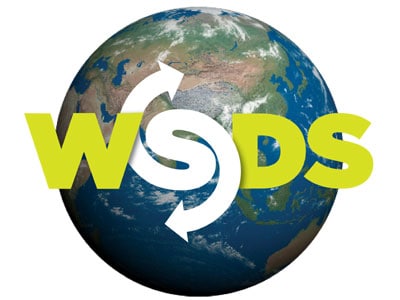

Despite the record-breaking health harms laid out in the recently released Lancet report Countdown on Health and Climate Change, there are some reasons for cautious optimism. Deaths from fossil fuel-derived air pollution fell almost 7% from 2.25 million in 2016 to 2.09 million in 2021, with 59% of this decline due to efforts to reduce pollution from coal burning, demonstrating the life-saving potential of coal phase-out.
At the same time, the share of electricity generated by clean modern renewables reached 10.5% in 2021, almost double that of 2016 (5.5%), while global investment in clean energy grew 10% in 2023 to US$1.9 trillion, exceeding fossil fuel investment by 73%. Meanwhile, employment in renewables reached a record-high with 13.7 million employees in 2022 (35.6% increase since 2016), reaffirming that renewable energy can support job security now and in the future.
“Progress towards an equitable and healthy future requires a global transformation of financial systems, shifting resources away from the fossil-fuel based economy towards a zero-emissions future,” said co-author Prof. Anthony Costello, Co-Chair of the Lancet Countdown. “For successful reform, people’s health must be put front and centre of climate change policy to ensure the funding mechanisms protect wellbeing, reduce health inequities and maximise health gains, especially for the countries and communities that need it most.”
The report notes that the engagement of individuals, corporations, scientists, and international organisations with climate change and health is growing, raising hopes that a healthy, prosperous future could still be within reach.
“Amidst global turmoil, the powerful and trusted leadership of the health community could hold the key to reversing these concerning trends and harnessing new opportunities to put the protection and promotion of health and survival at the centre of political agendas,” said Prof. Costello. “Nowhere will this be more important than at COP29 where the financial transition will take centre stage, offering a vital opportunity to deliver a resilient, healthier future.”
Responding to the report publication, UN Secretary-General, António Guterres (who was not involved in writing the report) said, “Record-high emissions are posing record-breaking threats to our health. We must cure the sickness of climate inaction – by slashing emissions, protecting people from climate extremes, and ending our fossil fuel addiction – to create a fairer, safer, and healthier future for all.”











